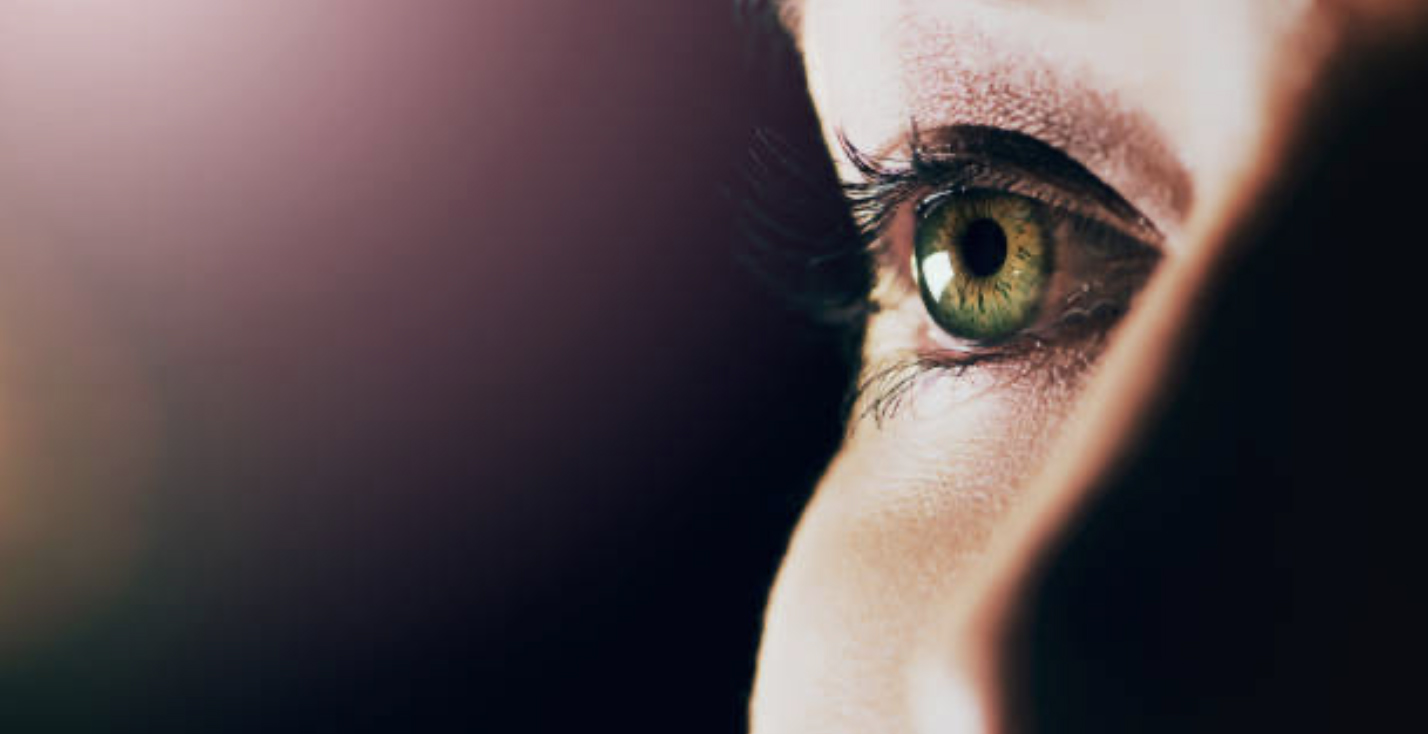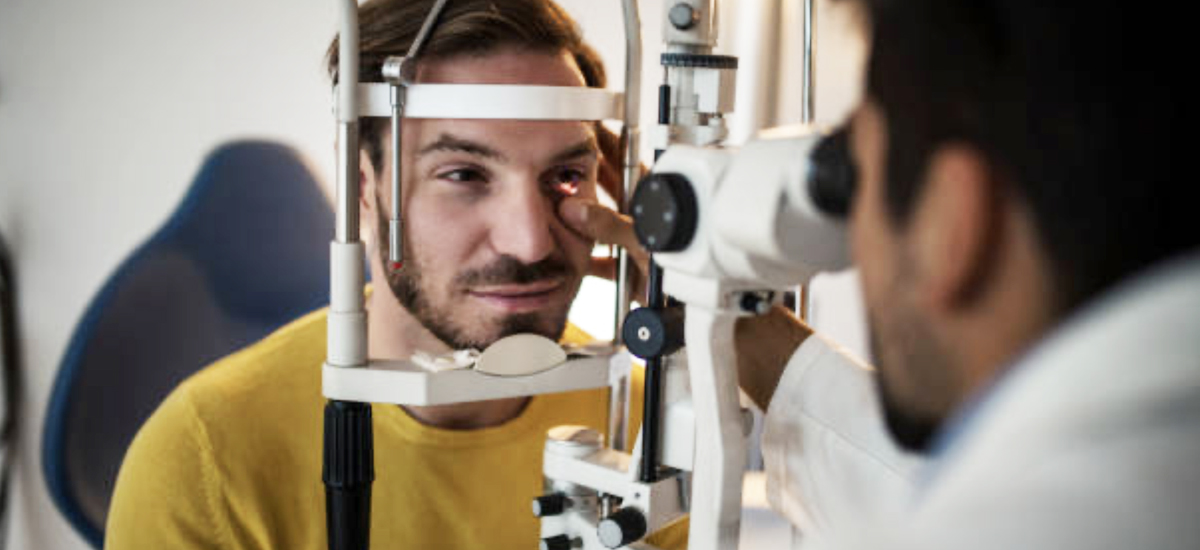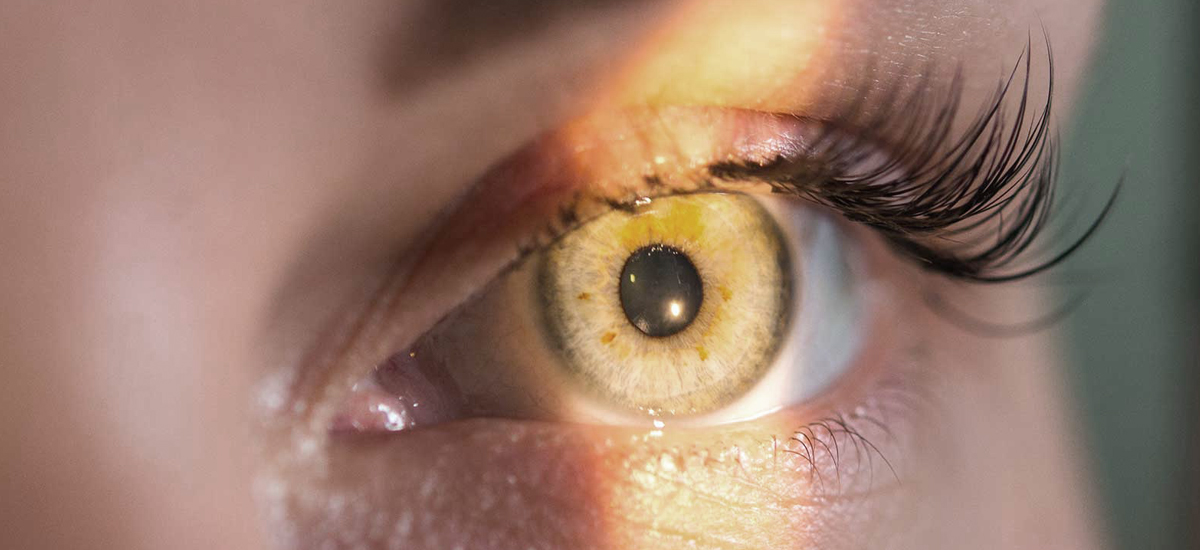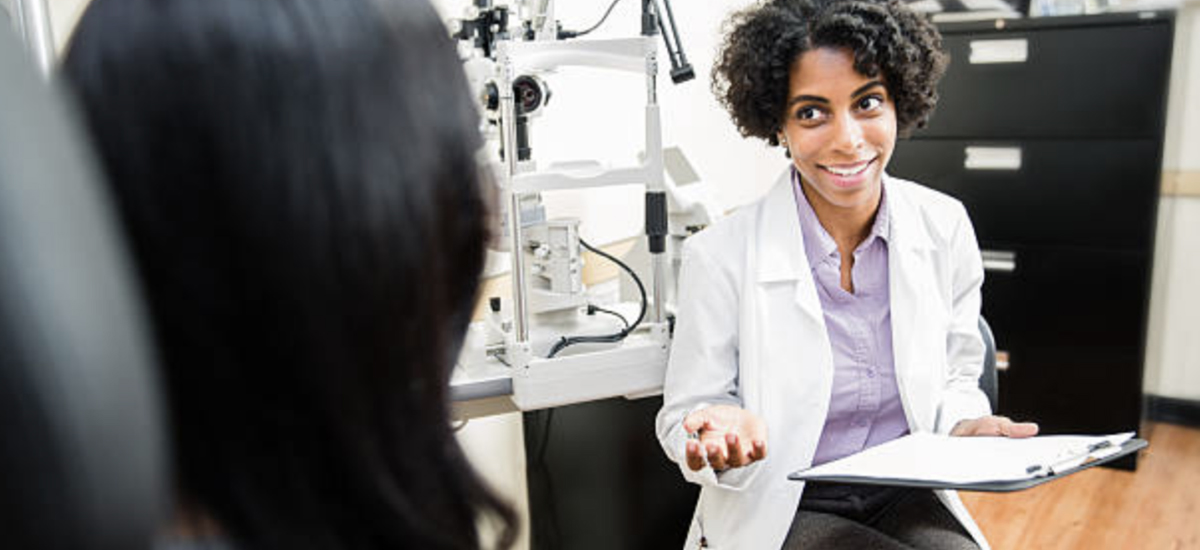Tag: Eye Health
-
When Should You Get Progressive Lenses?
 Many types of multifocal lenses have a line through the center that distinguishes prescriptions. Since this eyewear provides excellent optical coverage, the line doesn’t usually bother the wearer.
However, others prefer glasses without a line (for cosmetic purposes) and the same vision correction that bifocals and trifocals provide. That
Read more...
Many types of multifocal lenses have a line through the center that distinguishes prescriptions. Since this eyewear provides excellent optical coverage, the line doesn’t usually bother the wearer.
However, others prefer glasses without a line (for cosmetic purposes) and the same vision correction that bifocals and trifocals provide. That
Read more...
-
5 Things You Need to Know Before Buying Progressive Lenses
 Progressive lenses give you clear vision from near to far, just like you’ve always wanted. Unlike with bifocals, you won’t have to worry about lines or drastic changes in vision from looking through one part of the lens to the other. Instead, you can enjoy a seamless transition, as the lenses magnify gradually toward the bottom.
There
Read more...
Progressive lenses give you clear vision from near to far, just like you’ve always wanted. Unlike with bifocals, you won’t have to worry about lines or drastic changes in vision from looking through one part of the lens to the other. Instead, you can enjoy a seamless transition, as the lenses magnify gradually toward the bottom.
There
Read more...
-
What Causes Darkened Vision?
 If you ever experience sudden vision changes, it’s okay to be alarmed. After all, you might be trying to figure out what caused them and what you can do to restore your eyesight. Sometimes, the changes might be as simple as blurry vision, and other times, you may have a grey area in your field of view, or things may appear dimmer than usual.
Read more...
If you ever experience sudden vision changes, it’s okay to be alarmed. After all, you might be trying to figure out what caused them and what you can do to restore your eyesight. Sometimes, the changes might be as simple as blurry vision, and other times, you may have a grey area in your field of view, or things may appear dimmer than usual.
Read more...
-
Is Astigmatism a Refractive Error?
 You may have heard about astigmatism before, but how much do you really know about it? Most people have questions about the symptoms of astigmatism or how it can be treated. Others wish to know, ‘Is astigmatism a refractive error?’
A refractive error indicates that your eye shape or size deters proper light manipulation, which can lead to
Read more...
You may have heard about astigmatism before, but how much do you really know about it? Most people have questions about the symptoms of astigmatism or how it can be treated. Others wish to know, ‘Is astigmatism a refractive error?’
A refractive error indicates that your eye shape or size deters proper light manipulation, which can lead to
Read more...
-
What Causes Astigmatism to Worsen?

For the most part, astigmatism stays the same or changes gradually from one eye appointment to the next. But like other eye issues, your vision can change with time--and sometimes for no obvious reason.
What causes astigmatism to worsen? It depends on you and your eyes. Your astigmatism symptoms may be more severe if you have other refractive issues or if you have keratoconus. The length of time you’ve had astigmatism also plays a role in your condition’s progression.
The most effective way to find out why your astigmatism is changing (or appears to be changing) is to schedule a comprehensive eye exam with an Independent Doctor of Optometry. We recommend them every year for adults and children over age 6 to mitigate any vision issues or other eye health problems.
Have questions about astigmatism? Contact your nearest optical store today to speak with an optometrist.
Read more... -
Will My Child Outgrow Farsightedness?
 Knowing that myopia affects so many children every year, you might be wondering about the other refractive errors, such as hyperopia (also called farsightedness). What is farsightedness? It’s a vision issue defined by the following characteristics:
It provides the best vision of things that are far away but can make it
Read more...
Knowing that myopia affects so many children every year, you might be wondering about the other refractive errors, such as hyperopia (also called farsightedness). What is farsightedness? It’s a vision issue defined by the following characteristics:
It provides the best vision of things that are far away but can make it
Read more...
-
Is There a Treatment for Presbyopia?

If you experience any presbyopia symptoms, such as near vision difficulties, we recommend contacting a nearby eye doctor right away for an appointment. In general, our optometrists recommend contacts, multifocal glasses, or reading glasses to get your vision back on track.
However, it’s important to know that the right presbyopia treatment lens varies based on your unique prescription. Your eye specialist may recommend another option if they feel a specific type of lens may suit your eyes better or if your presbyopia is accompanied by any other refractive errors or eye issues.
No matter how long you’ve had presbyopia, our team can help.
Call today to get in for a comprehensive eye appointment with our leading optical team. We look forward to meeting you and helping you see better.
Read more... -
Hyperopia vs. Presbyopia: What Is the Difference?

At some period in your life, you may get a refractive error. You might even end up having hyperopia and presbyopia at the same time. The symptoms of these two eye issues are similar, often involving problems with near vision.
So, what is the difference between hyperopia vs. presbyopia? Presbyopia firms your eye lenses as you age, and it often impacts middle-aged adults. Hyperopia affects adults and children, and your eye’s inability to process light (or having an irregular corneal curve) causes it.
Read more... -
Who Cannot Wear Contact Lenses?
 Did you know that approximately 1 in 4 people ages 18 to 24 use contact lenses? That statistic is not surprising, understanding the benefits of contacts. And 45 million U.S. citizens wear contacts as their primary form of vision correction.
With so many people choosing contacts instead of glasses, it begs the question: is there anyone who
Read more...
Did you know that approximately 1 in 4 people ages 18 to 24 use contact lenses? That statistic is not surprising, understanding the benefits of contacts. And 45 million U.S. citizens wear contacts as their primary form of vision correction.
With so many people choosing contacts instead of glasses, it begs the question: is there anyone who
Read more...
-
Are Hard Contact Lenses a Good Choice?
 Did you know that 45 million people in the U.S. use contacts, with the majority being nearsighted? No matter your age, the idea of wearing contact lenses is appealing since you can conceal the fact that you’re wearing corrective eyewear while maintaining the prescription power you need.
Most people prefer soft lenses due to the comfortable
Read more...
Did you know that 45 million people in the U.S. use contacts, with the majority being nearsighted? No matter your age, the idea of wearing contact lenses is appealing since you can conceal the fact that you’re wearing corrective eyewear while maintaining the prescription power you need.
Most people prefer soft lenses due to the comfortable
Read more...







